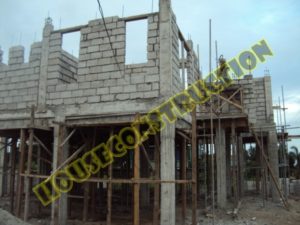
Choosing the roofing contractor for your house is very important because poor installation and substandard materials may cause damage to your roof.
The following are some things to consider when choosing roofing contractor:
- Free Quotes
It is better to have a lot of options so that you will be able to select the best and suited to your needs and budget. You cannot hand out your business without getting a written estimate which is done after the contractor actually came out and take a look at the damage first. In that way, the contractor will be able to compute their estimate.
- Cost of Roofing Contract
Analyze and review the cost of roofing contract before picking up a contractor. Don’t go with the roofing contractor who have a lowest quote because this can be a sign that they use substandard materials or do a poor work. It might also mean that they have a good source of quality materials and knows exactly how to fix your roofing issue with out so much effort. So better check the contractor’s reputation and make sure you weigh each of them instead of jumping at a low cost.
- License
Make sure that the contractor has license in doing the job.
- Insurance
Before allowing a contractor to work, it is important to know if these people are insured, otherwise if they get injured most probably you will be the one who is financially responsible.
- Communication Skills
Your roofing contractor should have good communication skills. It is essential that your roofing contractor explain to you about how they plan on fixing your problem. They should explain to you the details since you have the right to know their plan.
- Terms of payment
Know how to pay your roofing contractor.
- Warranty
Verify the type of warranty they provided such as the scope of coverage, the time frame and exclusion.
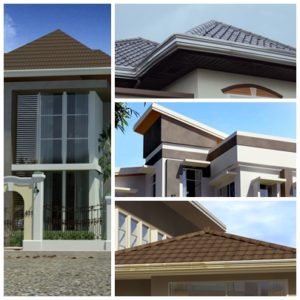 Every home owner wants the best roof for their home but buying inappropriate materials for your roof and poor installation make your roof more vulnerable to damage.
Every home owner wants the best roof for their home but buying inappropriate materials for your roof and poor installation make your roof more vulnerable to damage.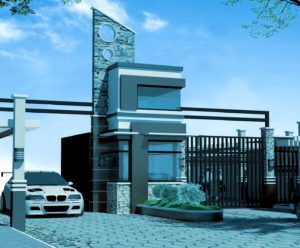 Are you excited to have your own home? Are you planning to build your home? If so, here are some home construction checklists to become aware what are truly needed for your plans.
Are you excited to have your own home? Are you planning to build your home? If so, here are some home construction checklists to become aware what are truly needed for your plans. Just remember that building a home is one of the biggest investments anyone will ever make so it is important to make sure that you get what you want without breaking the bank. So it is very essential to be careful in making decision. Here are some things to ensure that you are in the right track:
Just remember that building a home is one of the biggest investments anyone will ever make so it is important to make sure that you get what you want without breaking the bank. So it is very essential to be careful in making decision. Here are some things to ensure that you are in the right track: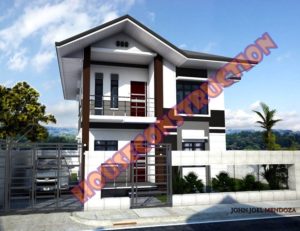 Are you planning to buy a house? Some people decided to buy a house so that they may not experience the stress of constructing the house on your own. And it is the easy way to have your own house without so much effort and time. Chances are you are having different brochure looking for a house suited to your budget and your needs.
Are you planning to buy a house? Some people decided to buy a house so that they may not experience the stress of constructing the house on your own. And it is the easy way to have your own house without so much effort and time. Chances are you are having different brochure looking for a house suited to your budget and your needs.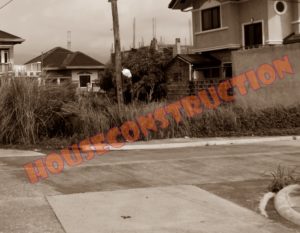
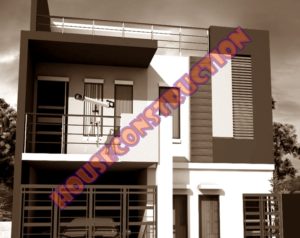 You are so excited that you are finally chose a contractor that will build your house. But of course you should negotiate with your contractor or builder who will be responsible for securing a building permit. Building permit is a written permission from your municipality that they are allowing you to build your house. It is issued by local authorities to builder or contractor to construct or renovate the building. The authorities will check whether your house or building conform the approved specifications and drawing. The cost of building permit ranges from Php6,000 to Php 20,000 depending on the total estimated cost of the building, size of the building, and lot size as well as the location of the building whether it is located in rural areas or in the city.
You are so excited that you are finally chose a contractor that will build your house. But of course you should negotiate with your contractor or builder who will be responsible for securing a building permit. Building permit is a written permission from your municipality that they are allowing you to build your house. It is issued by local authorities to builder or contractor to construct or renovate the building. The authorities will check whether your house or building conform the approved specifications and drawing. The cost of building permit ranges from Php6,000 to Php 20,000 depending on the total estimated cost of the building, size of the building, and lot size as well as the location of the building whether it is located in rural areas or in the city. re a professional that will explain the details of the agreement. You should read all the text from beginning to end. Your verbal agreement to your contractors should be correspond to what is written in your contractor’s agreement.
re a professional that will explain the details of the agreement. You should read all the text from beginning to end. Your verbal agreement to your contractors should be correspond to what is written in your contractor’s agreement.
